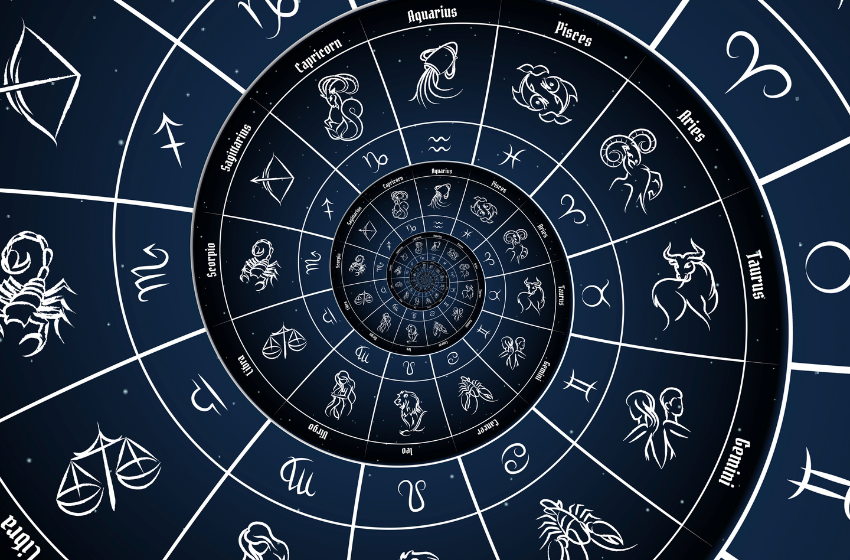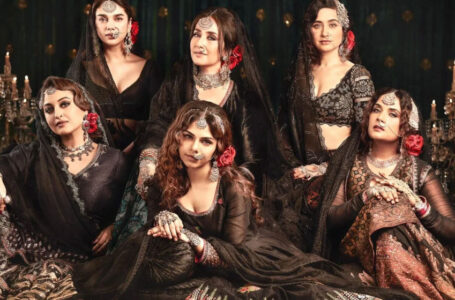Astrology: A Science or a Hoax? Dueling Perspectives in the Age of Skepticism

The debate over astrology’s validity as a science has been a contentious one, rekindled recently by the Indira Gandhi National Open University’s (IGNOU) decision to offer a course in Jyotish Shashtra. To shed light on this enduring controversy, we’ve invited two experts – Dr. Emily Thompson, a distinguished astronomer, and Ms. Anita Kapoor, a celebrated astrologer – to present their viewpoints.
The Skeptic’s Corner: Dr. Emily Thompson
“From a scientific perspective, astrology is not a science. Science is based on empirical evidence, rigorously tested hypotheses and theories that can be proven or disproven. Astrology does not meet any of these criteria. It relies on the belief that the positions of celestial bodies can influence human
behaviour and events, a claim for which there is no scientific evidence.
Moreover, many of astrology’s core principles, like the concept of sun signs, are overly simplistic. Human
behaviour is far too complex to be explained by the position of the Sun at the time of one’s birth. Let’s
not forget that astrology was conceived at a time when humans believed the Earth was the centre of the
universe. Modern astronomy has debunked this and many other premises upon which astrology is
based.
The recent decision by IGNOU to offer a course in Jyotish Shashtra, in my opinion, blurs the line between
science and pseudoscience, and I find it deeply concerning.”
The Astrologer’s Defense: Ms Anita Kapoor
“While I respect the scientific method, I must point out that science doesn’t have all the answers,
especially when it comes to the complexities of human life and the universe. Astrology is a millennia-old
practice with roots in various ancient cultures, from Babylonian to Vedic. To dismiss it as a hoax is not
only arrogant but also dismissive of the wisdom of our ancestors.
Astrology offers a different kind of knowledge – introspective, intuitive, and spiritual. It helps people
understand their inner selves, their life paths, and even their challenges and opportunities. In many
ways, it complements scientific understanding by filling in gaps that science can’t explain.
As for IGNOU‘s new course, it’s a step in the right direction. Astrology has been a part of India’s
academic and philosophical landscape for centuries. Providing formal education in Jyotish Shashtra
opens up opportunities for more systematic study and possibly even improvements in astrological
methods.”
The debate around astrology’s status as a science or a hoax is far from settled. While skeptics like Dr
Thompson argue for a more evidence-based approach to understanding the world, proponents like Ms
Kapoor defend astrology’s value as a different kind of wisdom, one that offers personal and spiritual
insights.
What is clear is that the controversy is unlikely to die down anytime soon, especially with educational
institutions now stepping into the fray. Whether you consider astrology a science or a pseudoscience
largely depends on how you define ‘knowledge’ and what you are willing to accept as evidence for or
against a given claim.







